The Anglo-Saxons, Vikings & the Normans
Many teachers will be familiar with aspects of these societies from earlier versions of the National Curriculum. The Curriculum 2014 introduced new areas such as the relations with the Scots and the continuity with the Normans. These societies have often proved popular with plenty of interesting sources including archaeology and artefacts. This is a crucial area of study with children given an opportunity to learn about the origins of so much of the United Kingdom. There is plenty of scope for a range of fascinating historical investigations using a range of key historical concepts.
Sort by:
Date (Newest first) | Title A-Z
Show:
All |
Articles |
Podcasts |
Multipage Articles
-
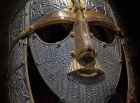
A trail of garnet and gold: Sri Lanka to Anglo-Saxon England
ArticleClick to view -

A view from the classroom: Teachers TV, The Staffordshire Hoard And 'Doing History'
ArticleClick to view -
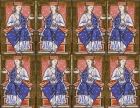
Anglo-Saxon Women
ArticleClick to view -
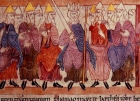
Anglo-Saxons: a brief history
ArticleClick to view -
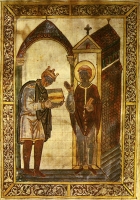
Bede's Ecclesiastical History of the English People
ArticleClick to view -
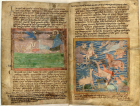
Blending history and creative writing: imagining a lost Anglo-Saxon poem
ArticleClick to view -

Britain from the Iron Age to Robin Hood
ArticleClick to view -
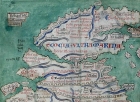
Britain's settlement by Anglo-Saxons and Scots
ArticleClick to view -
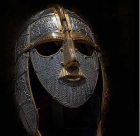
Case Study: Classroom archaeology. Sutton Hoo, or the mystery of the empty grave
ArticleClick to view -

Curriculum plan: Anglo-Saxons and Vikings
Multipage ArticleClick to view -

Developing a big picture of the Romans, Anglo-Saxons and Vikings
ArticleClick to view -

Developing disciplinary knowledge: how and why castles and forts developed
ArticleClick to view -
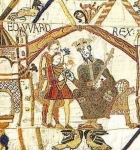
Edward the Confessor and the Norman Conquest
ArticleClick to view -
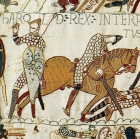
Harold Son of Godwin
ArticleClick to view -
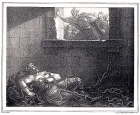
Here come the Vikings! Making a saga out of a crisis
ArticleClick to view -

Learning history through the lens of artefacts
ArticleClick to view -

One of my favourite history places: Durham Cathedral
ArticleClick to view -

One of my favourite history places: Oakham Castle
ArticleClick to view -

One of my favourite history places: Studland Village
ArticleClick to view -

One of my favourite history places: The Holy Island of Lindisfarne
ArticleClick to view

